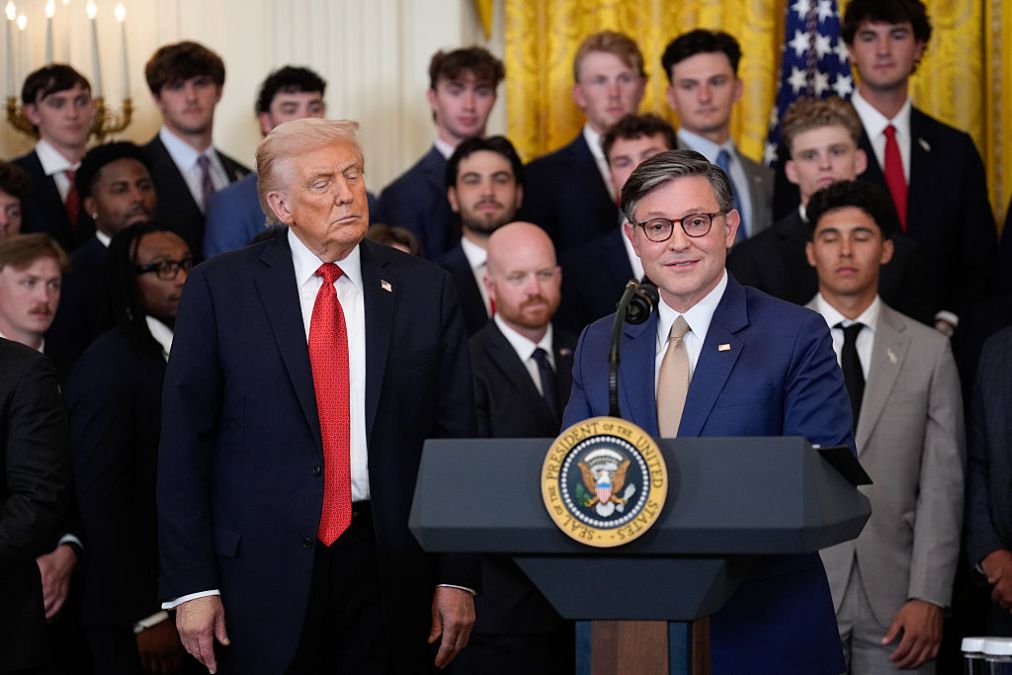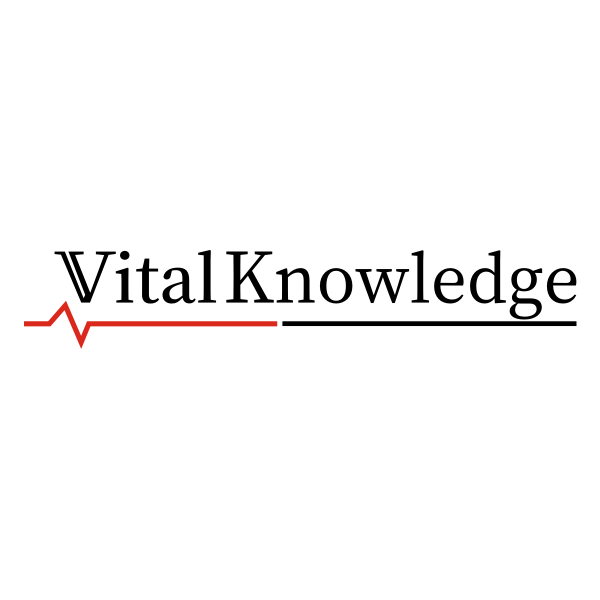Politics
Congress Loses Power as Executive Authority Expands

The recent actions of the United States government reflect a significant shift in power dynamics, with Congress increasingly sidelined. In the past few weeks, the country has witnessed military deployments in American cities, an undeclared conflict in the Caribbean, and a government shutdown, all occurring without congressional approval. This situation highlights a trend where the legislative branch has relinquished much of its authority, allowing the executive branch to assert control over key decisions.
Historically, Congress was the dominant force in American governance. The U.S. Constitution clearly delineates the powers of Congress in Article I, granting it the authority to legislate, levy taxes, declare war, and oversee elections. Congress also holds the impeachment power, which allows it to remove presidents and judges, a significant check on executive power. Yet, over the last century, this balance has shifted towards the presidency.
The transition began gradually, marked by two pivotal developments in the 1970s and 1980s: the restructuring of Congressional operations and the ideological sorting of political parties. These changes have undermined Congress’s ability to check executive authority, leading to a diminished role for the legislature.
In the 19th century, Congress maintained its status as the primary policymaking institution. Renowned political scientist Woodrow Wilson described Congress as “the dominant, nay the irresistible, power of the federal system.” Even President James Garfield dismissed the presidency as a “bleak mountain,” suggesting that the legislative branch was the true locus of power.
The 20th century, however, saw a shift. Presidents like Theodore Roosevelt expanded their authority, arguing that their national mandate allowed them to act in the public interest, even beyond explicit legal boundaries. Roosevelt’s actions in establishing forest preserves exemplified this trend, as he created millions of acres of protected land despite congressional opposition.
As crises such as the Great Depression and global conflicts arose, Congress increasingly delegated authority to the executive branch. Legislation like the 1946 Full Employment Act and the 1947 National Security Act positioned the president as the overseer of economic and national security matters.
Despite some attempts by Congress to reclaim its authority, such as the enactment of the War Powers Act and the Impoundment Act, these measures have often been circumvented. Critics argue that recent presidents, including Donald Trump, have defied these laws, further eroding congressional oversight.
The reforms of the 1970s aimed at increasing transparency and empowering junior members ultimately contributed to Congress’s current impotence. Frustrated by the dominance of long-serving committee chairs, a new generation of legislators, often referred to as “Watergate babies,” implemented rules to decentralize power. This shift transformed Congress from a hierarchical institution into a more fragmented body, reducing its collective authority.
The ideological sorting of the two major parties has compounded these issues. In the 1970s, the Republican Party included a range of political beliefs, while the Democratic Party had conservative members. This diversity allowed for bipartisan cooperation on issues like the 1974 Impoundment Act, which passed unanimously in the Senate. However, as party lines have hardened, the ability to assert congressional prerogative has diminished, leading to increased partisanship and legislative gridlock.
During his first term, Senator John McCain famously voted against the repeal of the Affordable Care Act, not to support the law itself but to uphold the principles of regular order in the Senate. His call for Congress to fulfill its constitutional responsibilities serves as a reminder of the legislative branch’s intended role.
As the balance of power continues to tilt toward the executive, the American public may need to reflect on the implications of this shift. The need for a robust legislative branch that can effectively check executive power remains critical for the health of American democracy.
-

 Top Stories1 month ago
Top Stories1 month agoRachel Campos-Duffy Exits FOX Noticias; Andrea Linares Steps In
-

 Top Stories1 week ago
Top Stories1 week agoPiper Rockelle Shatters Record with $2.3M First Day on OnlyFans
-

 Top Stories6 days ago
Top Stories6 days agoMeta’s 2026 AI Policy Sparks Outrage Over Privacy Concerns
-

 Sports5 days ago
Sports5 days agoLeon Goretzka Considers Barcelona Move as Transfer Window Approaches
-

 Top Stories1 week ago
Top Stories1 week agoUrgent Update: Denver Fire Forces Mass Evacuations, 100+ Firefighters Battling Blaze
-

 Top Stories1 week ago
Top Stories1 week agoOnlyFans Creator Lily Phillips Reconnects with Faith in Rebaptism
-

 Top Stories5 days ago
Top Stories5 days agoWarnock Joins Buddhist Monks on Urgent 2,300-Mile Peace Walk
-

 Entertainment6 days ago
Entertainment6 days agoTom Brady Signals Disinterest in Alix Earle Over Privacy Concerns
-

 Top Stories7 days ago
Top Stories7 days agoOregon Pilot and Three Niece Die in Arizona Helicopter Crash
-

 Top Stories4 days ago
Top Stories4 days agoCBS Officially Renames Yellowstone Spin-off to Marshals
-

 Health2 months ago
Health2 months agoTerry Bradshaw Updates Fans on Health After Absence from FOX NFL Sunday
-

 Sports4 days ago
Sports4 days agoSouth Carolina Faces Arkansas in Key Women’s Basketball Clash




